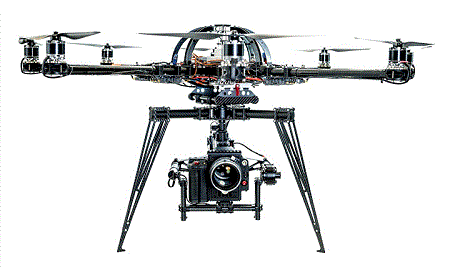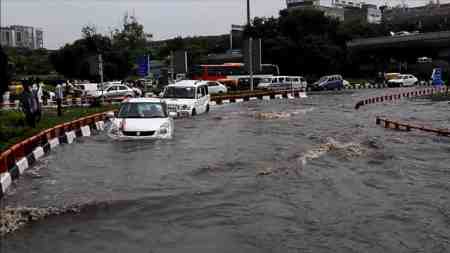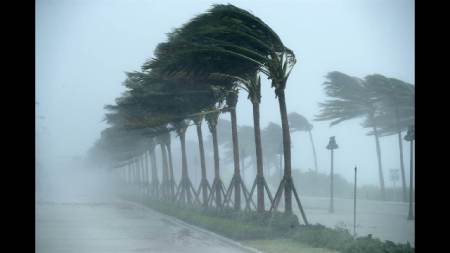NITI Aayog, in collaboration with IIM Bangalore, Smart Freight Centre India, CALSTART/Drive to Zero, and WRI India, has announced the launch of the NITI GearShift Challenge under the e-FAST India initiative. This groundbreaking hackathon seeks to foster innovative business models for the adoption of zero-emission trucks (ZETs) in India, tackling the nation’s critical economic and environmental challenges.
The NITI GearShift Challenge calls on students, transport service practitioners, academics, and researchers to develop creative business models that address financial, technical, and operational challenges associated with adopting electric trucks. The initiative has garnered participation from e-FAST India knowledge partners, financial institutions, and industry forums.
The hackathon will proceed in two rounds. In Round 1, teams will submit their initial business models addressing a specific barrier—technical, operational, or financial—supported by high-level strategies and research. Shortlisted teams in Round 2 will present detailed business models with an implementation roadmap, backed by both primary and secondary research. These proposals will be mentored by industry leaders to ensure practical and impactful solutions.
India’s freight sector is crucial to the economy, ensuring the smooth delivery of goods to over 1.4 billion people. With road freight accounting for a significant 55% of India’s annual diesel consumption and nearly 40% of CO2 emissions from road transport, there is an urgent need to transition to more sustainable solutions. The electrification of freight transportation is a key priority, as electric trucks offer a transformative opportunity to reduce emissions, improve air quality, and enhance energy security.
The GearShift Challenge marks a significant step towards sustainable freight transportation in India. By leveraging the creativity and expertise of participants, the hackathon aims to generate practical solutions that will accelerate the adoption of zero-emission trucks, thereby benefiting both the economy and the environment.
- PIB







